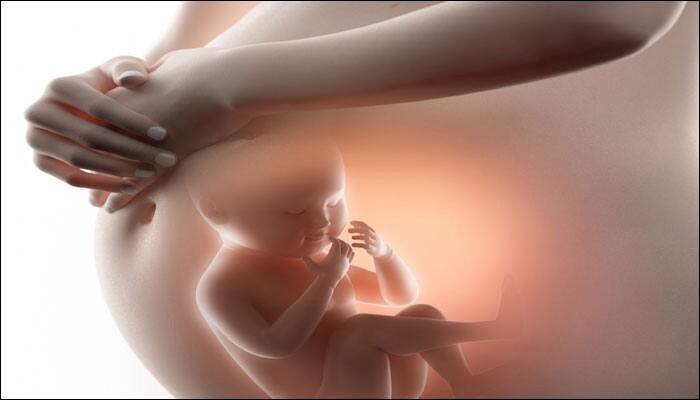New Delhi: With the growing numbers of stillbirths and baby deaths around the globe, a pioneering research has revealed that the development of a vaccine against an infection commonly carried by pregnant women could curb it.
Group B streptococcus (GBS) plays a huge role in womb deaths and deaths of babies in the early days of life. While hasn't been widely chronicled, its dangerous impact has been taken under serious consideration in recent years.
The bacteria, believed to be harmless, is carried by over 21 million pregnant women around the world, according to reseachers from the London School of Hygiene and Tropical Medicine (LSHTM).
Today it is recognised as a cause of septicaemia and meningitis in newborns, with potentially deadly effects, and also as a major cause of stillbirths, but vaccines against it are only now in development.
As per a report in the Guardian, eleven papers have been published in the journal Clinical Infectious Diseases and presented at the American Society of Tropical Medicine and Hygiene Annual Meeting in Baltimore, revealing the scale of infection and the damage it causes.
They say there are 410,000 cases of disease every year and 147,000 stillbirths and infant deaths. One in five pregnant women carries the bacteria, which can cause meningitis and also life-threatening septicaemia – blood poisoning – in them and their baby.
In wealthy countries, women thought to be at risk are given antibiotics in labour, but that does not prevent stillbirths and is not a practical solution for Africa and other developing countries where the infection rate is high. It could also contribute to antibiotic resistance, which is a global problem.
“Vaccines are the way to go,” said Joy Lawn, co-lead author of the papers and professor of maternal, reproductive and child health at the LSHTM. “They are on the way but it is going to be probably a five-year time horizon. The vaccine process needs to be accelerated. The World Health Organisation is already moving to make sure that when we get a vaccine it will be available for countries where the need is highest.”
In affluent countries, parent groups have called for more action against GBS, including universal testing to check whether pregnant women are carrying the bacteria.
“In the US particularly and also in the UK, it is an issue that is upsetting to parents, because neonatal death rates [in the first month of life] are quite low now and this happens to articulate, rich families; people don’t expect their children to die any more,” said Lawn, according to the report.
However, babies born alive who then become ill and die has been the main focus, whereas GBS has received little or no attention as a potential cause of death or stillbirths.
As per the research team, GBS causes 90,000 infant deaths and 57,000 stillbirths worldwide at a very conservative estimate.
Stillbirths are under-investigated even in affluent countries, partly because of a sense of fatalism and also stigma. “People don’t know what the causes are. This [GBS] is an incredibly preventable cause,” said Lawn.
The researchers say that a vaccine which was 80% effective and reached 90% of women, could potentially prevent 231,000 infant and maternal cases of disease, the Guardian report said.
















